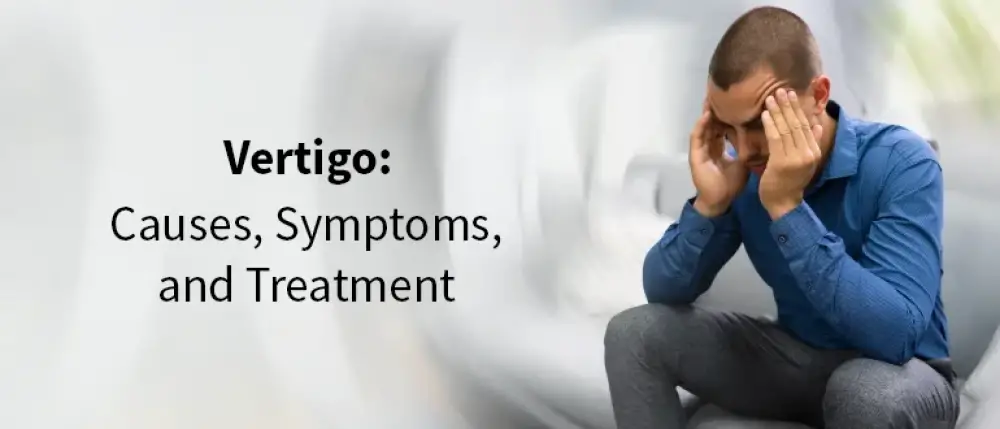Head Trauma and Vertigo: Concussions and Inner Ear Damage
Head Trauma and Vertigo: Concussions and Inner Ear Damage
Blog Article
Vertigo is actually a discomfort of rotating or lightheadedness that often results in a sense of imbalance. It could be a disconcerting and in many cases unbearable condition, having an effect on huge numbers of people worldwide. Knowing the causes of vertigo is crucial for proper diagnosis and managing.

Inside Ears Concerns
One of the principal causes of vertigo is related to troubles in the inner hearing. The interior hearing performs a vital role to maintain equilibrium through sensory feedback on the mind. Problems including Harmless Paroxysmal Positional Vertigo (BPPV) occur when very small calcium crystals called otoconia dislodge and float into the wrong part of the hearing canal. This displacement triggers immediate and brief bouts of vertigo, frequently due to alterations in head position.
Meniere's illness is an additional inside ear canal disorder related to vertigo. It requires unusual water accumulation inside the inner ears, resulting in changing hearing loss, ringing in ears (buzzing inside the the ears), and extreme episodes of vertigo lasting hrs.
Vestibular Migraines
For several men and women, vertigo might be a symptom of vestibular migraines. These migraines change the vestibular system, resulting in instances of vertigo together with migraines and even independently. The exact mechanisms backlinking migraines to vertigo continue to be being examined, but therapy frequently involves handling migraine triggers and signs or symptoms.
Labyrinthitis and Vestibular Neuritis
Labyrinthitis and vestibular neuritis are problems that be a consequence of swelling from the inside hearing or the vestibular neurological, correspondingly. Labyrinthitis typically comes from a viral contamination, causing vertigo, hearing problems, and in some cases buzzing from the the ears. Vestibular neuritis, also popular in beginning, particularly has an effect on the vestibular neurological, interfering with its operate and triggering severe vertigo that will last for time.
Central Nervous System Problems
Particular central nervous system conditions may also result in vertigo. Numerous sclerosis (MS), as an example, can harm the neural system that management equilibrium and spatial orientation, contributing to vertigo among other signs. Stroke impacting the brainstem or cerebellum also can interrupt harmony and trigger abrupt beginning vertigo, often accompanied by other nerve symptoms.
Drugs along with other Leads to
Some medicines, especially those that affect the interior hearing or vestibular program, can induce vertigo like a complication. These might include a number of anti-biotics, antiepileptics, and even some antidepressants. Furthermore, go traumas or trauma towards the neck can disrupt the balance bodily organs or even the nerves that relay harmony information for the head, leading to vertigo.
Medical diagnosis and Treatment
Detecting the actual reason for vertigo typically entails a thorough medical history, physical exam working on stability and sychronisation, and often imaging or vestibular functionality checks. Treatment may differ based on the trigger but typically contains drugs to deal with signs, physical rehabilitation to further improve stability and reduce signs or symptoms, and change in lifestyle to protect yourself from activates or exacerbating elements.

In conclusion, although vertigo can develop from various root situations, comprehending its brings about is vital for efficient administration. Should you or somebody you know experience recurrent or severe vertigo, seeking medical help promptly may help establish the main cause and begin proper therapy to enhance way of life and reduce symptoms. Usually consult a healthcare professional for personalized diagnosis and managing techniques personalized to specific requirements. Report this page